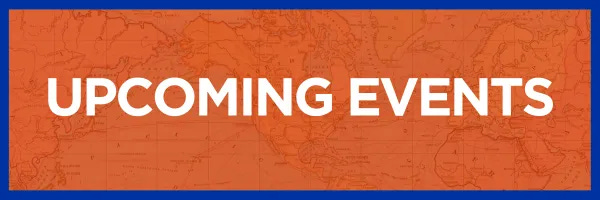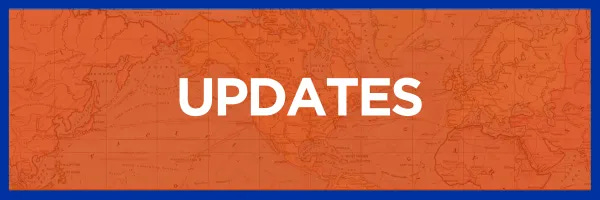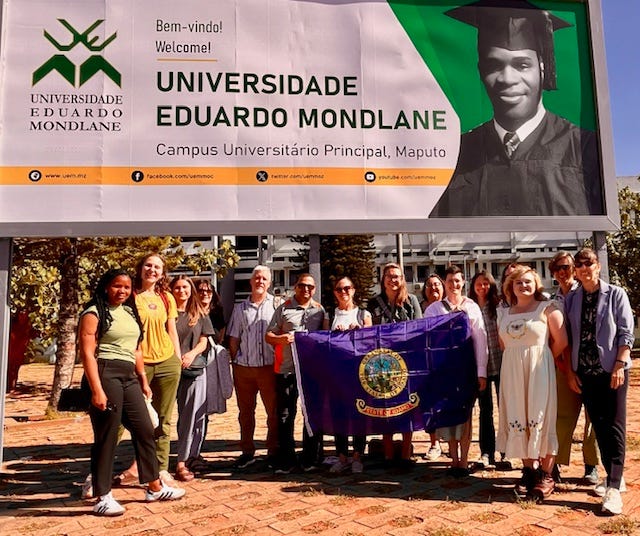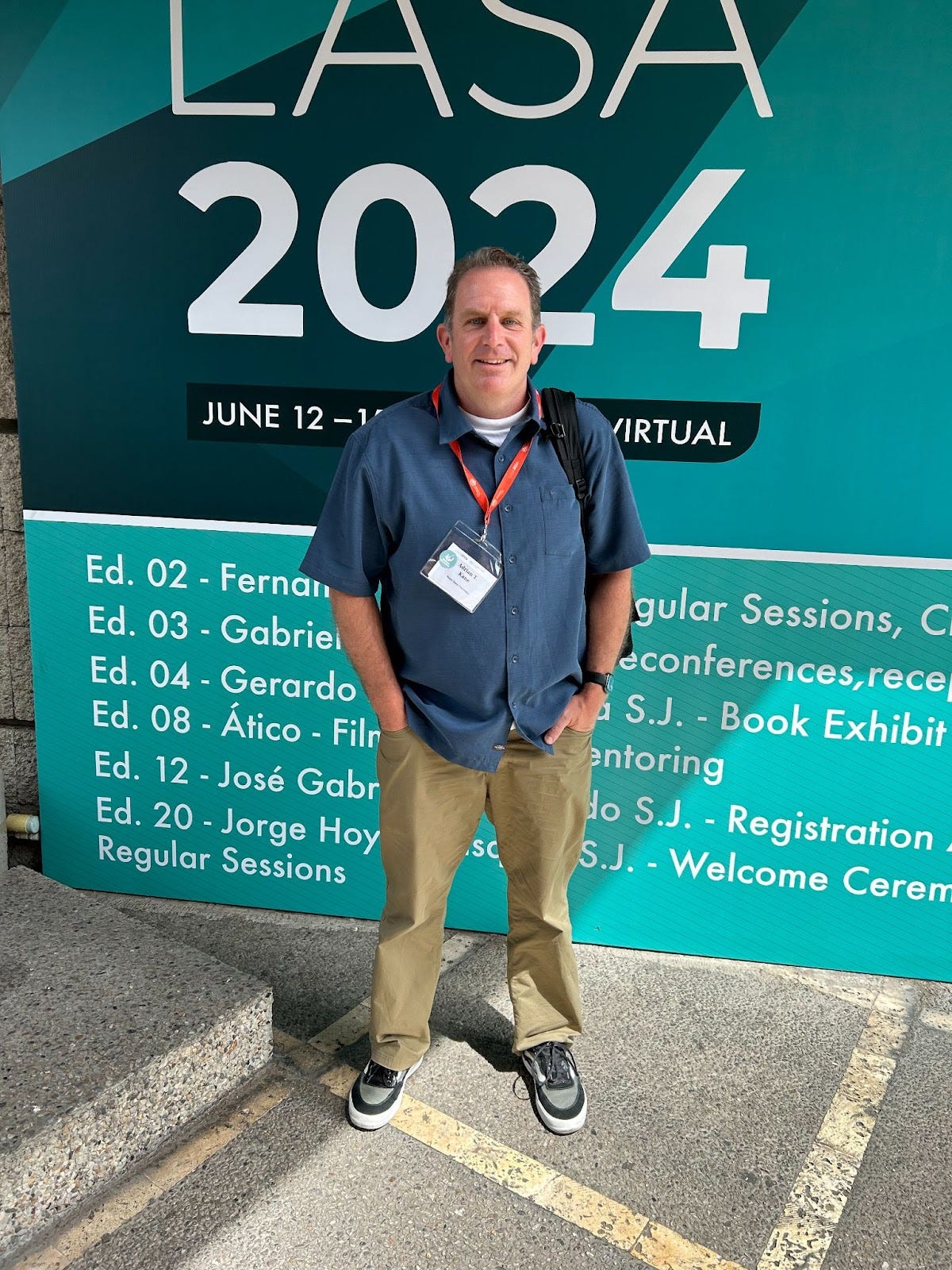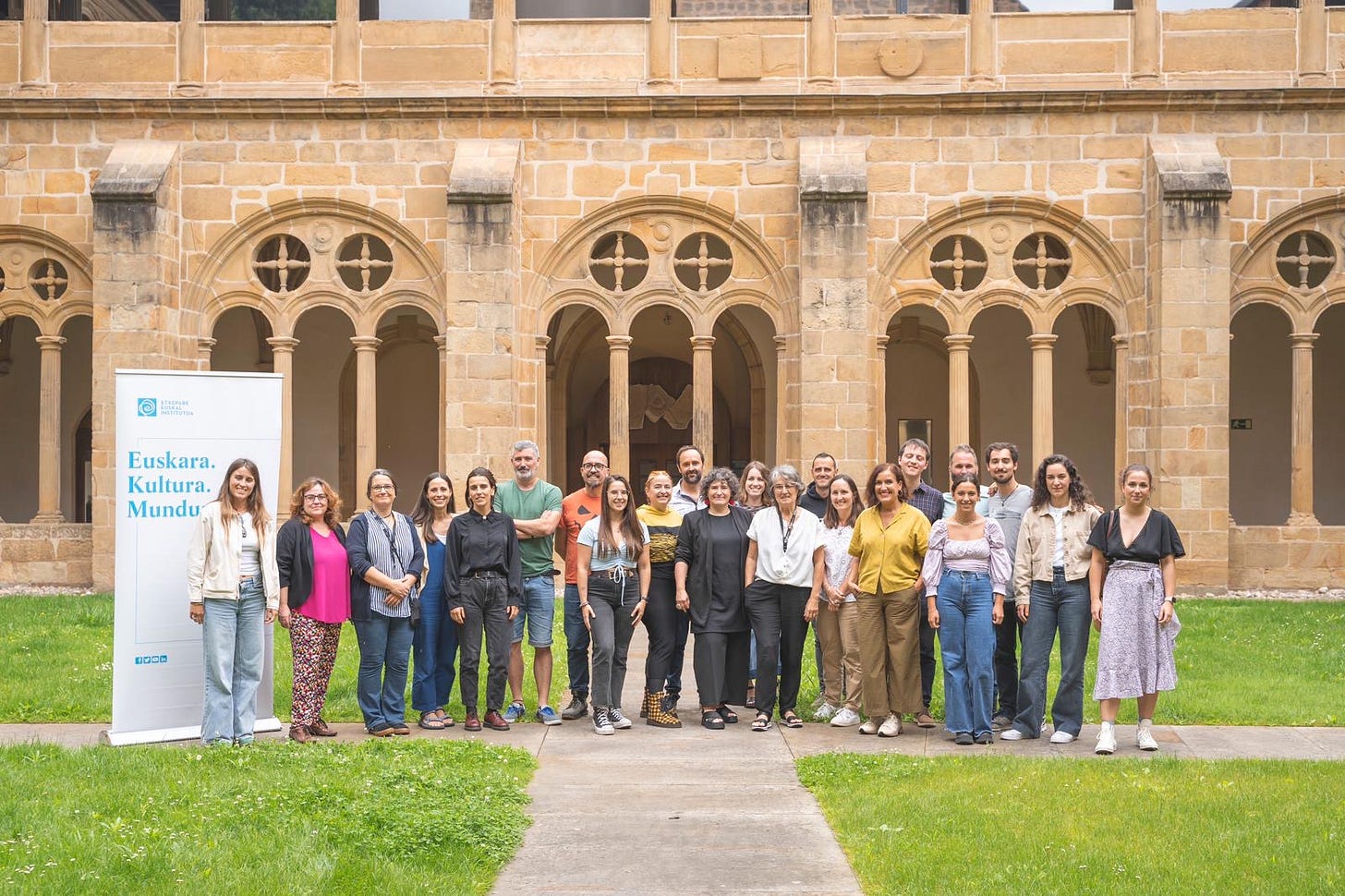Welcome back, Broncos! Learn how to say “welcome back” in French and Basque :
In French, one says, “Bonne rentrée!” (or “Bonne rentrée scolaire!”) in the context of returning to school.
In Basque, we say: “Ongi etorri!”
International Day of Sign Languages Celebration
Monday, September 23rd, 2024
Contact Kristi Dorris (kristidorris@boisestate.edu) and Stefanie Saltern (stefaniesaltern@boisestate.edu) for more information.
Basque Studies is pleased to offer a series of 1-credit weekend workshops focusing on the rich and diverse field of Basque Studies. We encourage you to take advantage of this opportunity to engage deeply with Basque Studies and broaden your cultural horizons.
Weekend Workshops for Fall 2024:
The Bombing of Gernika (Remote) Oct.5-6
Rituals that define us: The Basque Case (Face to Face) Oct.12, Oct.19
Basque Women Then and Now (Remote) Oct.26-27
Genocide Studies: The Basque Case (Face to Face) Nov.2-3
Lekuak: A Cultural Journey through the Basque Places of Boise, Idaho (Hybrid) Nov.9-10
Sports, Values & Identity: The Basque Case (Face to Face) Nov.16, Nov.23
Language Exploration Club
Gather together to explore languages and cultures!
Visit the Club's Campus Group Page: https://boisestate.campusgroups.com/LanguageExploration/
Last June Boise State University, IDAHO, through the Center for Global Engagement, sponsored six Boise State faculty members, including Fátima Cornwall, and six Idaho’s K-12 educators to participate in a Fulbright-Hays Group Project Abroad (GPA) in Mozambique, Africa. The curriculum development program entitled Forging a Future for Africa Through Sustainability: Lesson from Mozambique’s Gorongosa National Park. The sponsorship was made possible thanks to a grant funded by U.S. Department of Education’s International And Foreign Language Education program.
The participants traveled to Maputo and the Gorongosa for a 4-week immersion experience where they had Portuguese language classes daily with Fátima Cornwall. While in Maputo they attended many lectures at Eduardo Mondlane University, covering topics such as political and economic history of contemporary Mozambique, Mozambican educational systems, post-colonial political transformation in Mozambique, and climate change. In Gorongosa village the participants volunteered at preschools and joined local youth clubs in cleaning the Nhandar river. They learned more the park’s for the future of Africa (focus on sustainability and human development)
The group is currently working on developing open educational resources for different academic areas while keeping sustainability as a thematic focus.
To read more about the project or meet the participants, please visit:https://www.boisestate.edu/global-gl/faculty/gpa-mozambique/
Adrian Kane, Professor of Spanish, recently presented his paper “Trauma and Historical Memory in U.S. Central American Fiction” at the Latin American Studies Association International Congress in Bogotá, Colombia. His presentation offers an analysis of the ways in which Francisco Goldman’s The Ordinary Seaman (1997) and Ana Reyes’s The House in the Pines (2023) portray the individual traumas of their characters as a mechanism for constructing historical memories of the Central American revolutions for an English-speaking audience. He argues that by portraying the trauma that many U.S. Central Americans and their families have experienced, by linking their migration with the history of U.S. military intervention and economic colonization in the isthmus, and by celebrating distinct aspects of their cultural identity, these novels constitute an important step toward increasing the visibility of U.S. Central Americans.
Ziortza Gandarias Beldarrain, associate professor of Basque Studies, presented her paper “Euzko-Gogoa: Erbestean Haritza” at the prestigious International Congress 'Gernika(k)/Guernica(s): Resemanticisations of a Historical Trauma,' which took place on June 13-14, 2024, in Gernika, Basque Country. The conference, organized by the research group Historical Memory in the Iberian Peninsula and the University of the Basque Country, aimed to explore a wide range of thematic axes that address Gernika as a space of contested memories. Additionally, she participated in the workshop 'Bikaintasuna Euskal Ikasketetan: Nolako Irakaslea, Halako Ikaslea?' held on July 10-12, 2024, in Donostia-San Sebastián. This workshop, organized by the Etxepare Basque Institute in collaboration with the University of the Basque Country, focused on developing proposals and tools to inspire educators who teach languages and humanities—particularly Basque language and culture—in international or multilingual contexts.
Kelly Arispe, Professor of Spanish, taught a two-week professional development course in Salamanca Spain from July 1-12th, 2024. The course was titled, “Practicing Best Practices to Assess Interpretive, Interpersonal, and Presentational Communication with Digital Tools” and was delivered in Spanish to ten Spanish teachers at all levels: primary, secondary, and university. These Spanish teachers hail from all over the U.S. and come to Salamanca to develop their disciplinary and pedagogical skills.
Arispe also recently co-authored a chapter, “Impact of Virtual Exchange on Teachers’ and Student Teachers’ Professional Development” in a new book "Virtual Innovation and Support Networks - Exploring the Impact of Virtual Exchange in Teacher Education" which is now available as Open Access at https://peterlang.com/document/1487254. This chapter was the fruit of Arispe’s 2022 sabbatical in León, Spain where she worked as an external researcher with the VALIANT team which was an Erasmus+ KA3 project.







